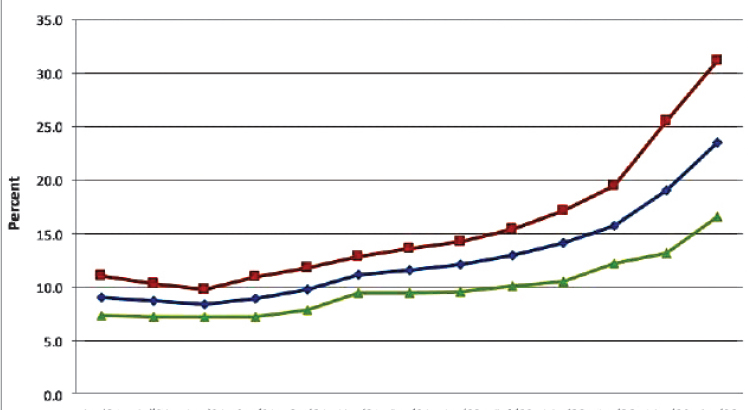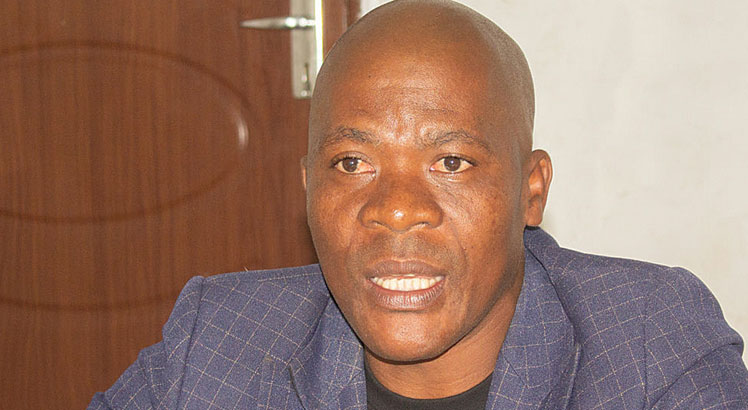RBM slashes 2022 growth forecast
T
he Reserve Bank of Malawi (RBM) has revised downwards the 2022 growth projection from 3.9 percent to 1.7 percent.
In its monetary policy statement on Thursday, the central bank said the downward revision follows the downturn being experienced by the economy.
Reads the report in part: “After showing signs of a promising recovery, the domestic economy is experiencing a downturn.

“On a preliminary basis, economic growth is expected to decelerate to 1.7 percent in 2022 from an estimated growth of 3.9 percent in 2021, reflecting the impact of the erratic rains experienced in some parts of the country; tropical storms Ana and Gombe which hit the country in January 2022; low supply of foreign exchange and the impact of theRussia-Ukraine war have all resulted in lower-than-anticipated sectoral production.”
At 1.7 percent, the growth projection is significantly lower than the 4.1 percent projected by Treasury, 2.7 percent by the International Monetary Fund and 2.1 percent by the World Bank.
The revision of the growth projection, which also informs the basis for budget assptions, comes at a time when inflation, which was earlier projected to average single digit of 9.1 percent in the year under review, has been projected at 23.2 percent from an earlier revised forecast of 12.3 percent.
When presenting the 2022/23 budget statement in Parliament, Minister of Finance and Economic Affairs Sosten Gwengwe made a number of assumptions for the 2022/23 fiscal year, projecting that the economy will register an increased growth rate of 4.1 percent in 2022 and four percent in 2023.
Gwengwe also projected that inflation rate will average 9.1 percent while the Policy rate—rate at which government borrows from the central government as lender of last resort—will average 12 percent in the 2022/23 fiscal year.
Meanwhile, the policy rate now stands at 14 percent.
The kwacha was also recently devalued by 25 percent, now selling at about K1 031 against the dollar.
In an interview, Treasury Principal Secretary MacDonald Mafuta Mwale confirmed that the devaluation and the rising inflation rate will definitely have a huge impact because these formed part of our assumptions.
He said: “A significant component of the national budget is spent on foreign sourced goods and services which means that in kwacha terms the budget will buy less.
“As one way to reposition the budget, Treasury will have to review the budget at mid term.”






One Comment